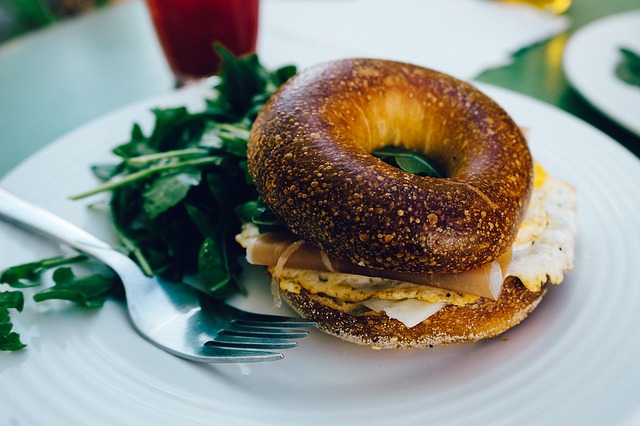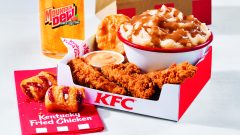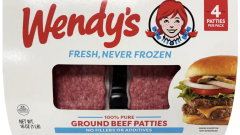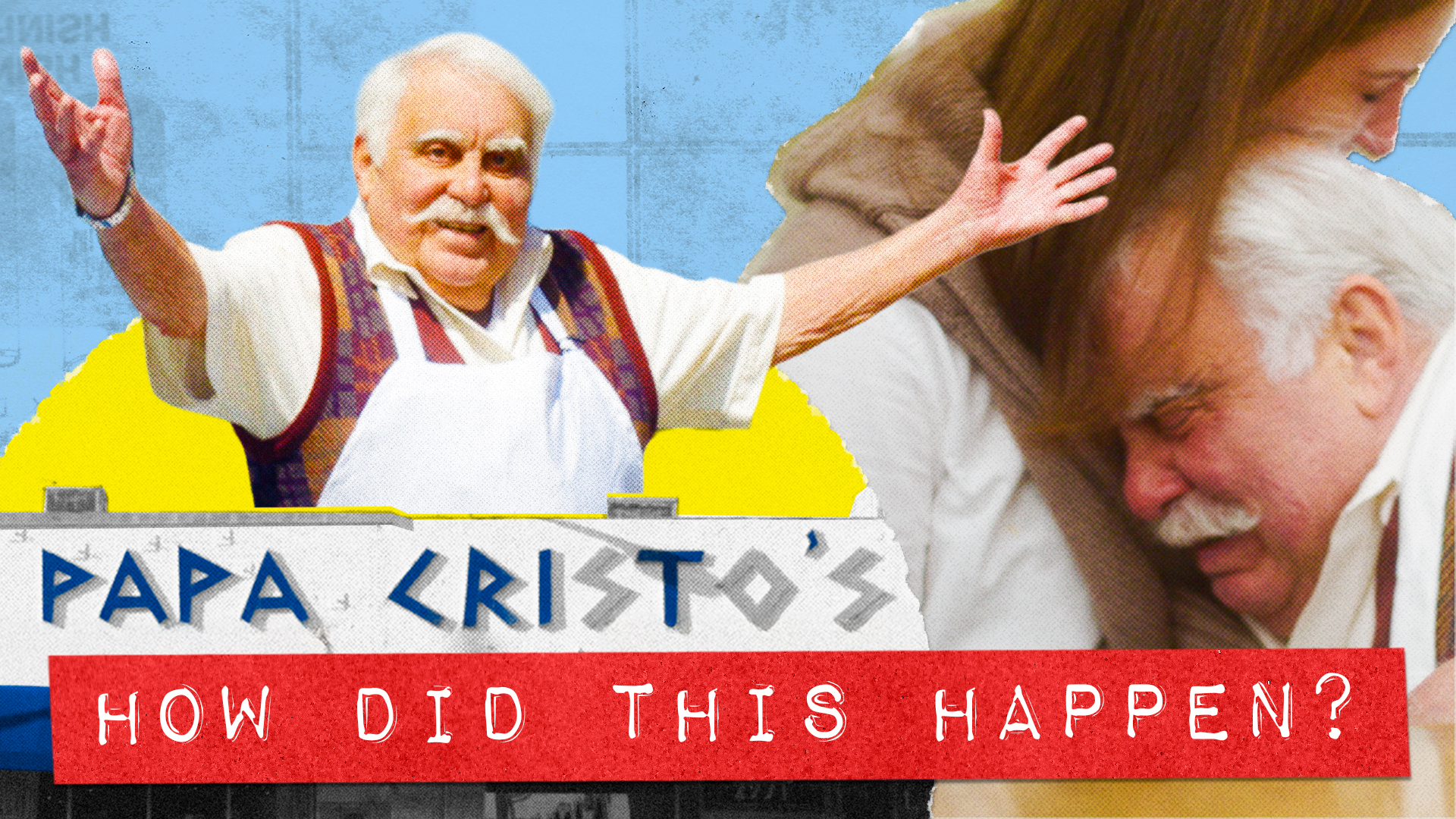How Eating 3 Meals A Day Became A ‘Thing’ And Why It Shouldn’t Be

You eat breakfast, lunch, and dinner. This should be no surprise to you. You’ve done it your whole life, so it seems like that’s the way it’s supposed to be, not just how it came to be. And I know, I know, you want to believe it came about as a grand decision after some global committee got together hundreds, maybe thousands, of years ago and universally agreed this was what was best for us. But that’s not what happened.
Eating Less in the Old Days

Photo Credit: Andreas Hartmann
According to historian Caroline Yeldham, the (very successful) Romans frowned heavily on the concept of multiple meals a day. She explains, “They were obsessed with digestion and eating more than one meal was considered a form of gluttony. This thinking impacted on the way people ate for a very long time.”
Breakfast wasn’t necessarily a thing for a long while afterward either, as food historian Ivan Day points out. In the Middle Ages, people weren’t allowed to eat before morning mass. Time eventually gave way to social change and people started breaking the night’s fast.
Hello, Breakfast

In the 17th Century, all social classes more or less adopted the practice of breakfast, though it evolved into an absurdly decadent carnival of food for the upper class. Breakfast’s standard place in the eating routine throughout the socioeconomic ranks is thanks largely to the Industrial Revolution. The newly set pattern of the common work day more or less required a meal first thing in the morning to sustain the working populace throughout the day. They’d naturally break for lunch and then come home to their families for dinner.
United States of Three Meals

Historian Abigail Carroll, author of Three Squares: The Invention of the American Meal, argues that three meals, or at least a dedication to a meal routine, came from the strange beginnings of Europeans and Native Americans interacting. Settlers brought forth set meal times to be, in their mind, more civilized than the natives, whose dining evolved with seasons, sometimes even fasting.
Six Meals a Day Keeps The Cravings Away

For the same reasons three meals (and a snack) a day makes sense, many argue that six (smaller) meals would be more sensible, especially for weight loss. The reason is that with six meals a day, you’re more effectively able to maintain consistency in food intake and therefore appetite control, so it doesn’t, in theory, ever become quantity over quality. You’d also never again text your friend, “OMG KAREN GET DRESSED. COME ON, LET’S GO I’M STAAAARVIIIIIIIIING.”






















